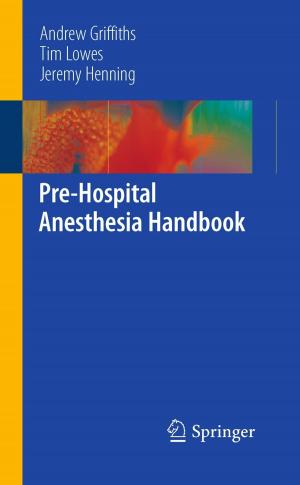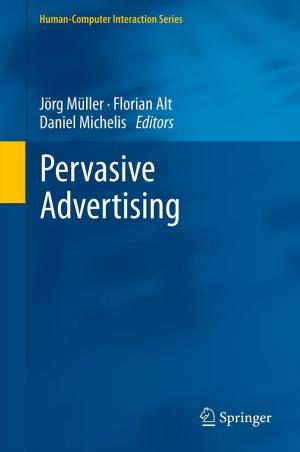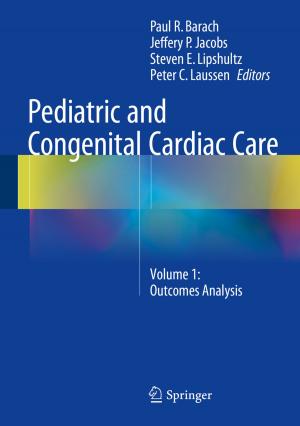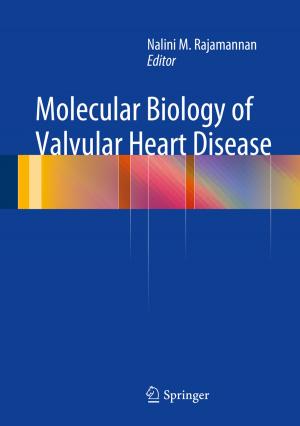The Pharmacology of the Urinary Tract
Nonfiction, Health & Well Being, Medical, Specialties, Urology, Medical Science, Pharmacology| Author: | ISBN: | 9781447113591 | |
| Publisher: | Springer London | Publication: | December 6, 2012 |
| Imprint: | Springer | Language: | English |
| Author: | |
| ISBN: | 9781447113591 |
| Publisher: | Springer London |
| Publication: | December 6, 2012 |
| Imprint: | Springer |
| Language: | English |
The interface between the urologist and other disciplines in medicine continues to increase as the character of urology continues to change. Urologists have, for example, developed strong links with microbiol ogists over mutual problems of infection in the urinary tract, urolog ists have been involved in the development of modern management of renal disease and especially renal failure, indeed even before the subject of nephrology had been defined. Similarly the links between endocrinology and infertility and more recently links between imaging and urology have led to the mutual benefit of these subjects and certainly to better patient care. The Pharmacology of the urinary tract has proved to be a difficult area of study. Slowly but progressively it has become evident that this is an area of great potential for urologists. Our patients have a range of problems where non-surgical management would be ideal but finding the right drug for the right condition has remained an elusive task. Many of the earlier trials showed an impressive placebo response rate and emphasised the need for well planned controlled clinical trials. The place of such trials in the evaluation of new treatments for urinary symptoms is now unchallenged and uncon trolled data are of little value. This book represents a skillful combination of background infor mation and its clinical application. The review of the pharmacokine tics of the various groups of drugs provides a very useful background to both the use of current drugs and also the prospects for the future.
The interface between the urologist and other disciplines in medicine continues to increase as the character of urology continues to change. Urologists have, for example, developed strong links with microbiol ogists over mutual problems of infection in the urinary tract, urolog ists have been involved in the development of modern management of renal disease and especially renal failure, indeed even before the subject of nephrology had been defined. Similarly the links between endocrinology and infertility and more recently links between imaging and urology have led to the mutual benefit of these subjects and certainly to better patient care. The Pharmacology of the urinary tract has proved to be a difficult area of study. Slowly but progressively it has become evident that this is an area of great potential for urologists. Our patients have a range of problems where non-surgical management would be ideal but finding the right drug for the right condition has remained an elusive task. Many of the earlier trials showed an impressive placebo response rate and emphasised the need for well planned controlled clinical trials. The place of such trials in the evaluation of new treatments for urinary symptoms is now unchallenged and uncon trolled data are of little value. This book represents a skillful combination of background infor mation and its clinical application. The review of the pharmacokine tics of the various groups of drugs provides a very useful background to both the use of current drugs and also the prospects for the future.















